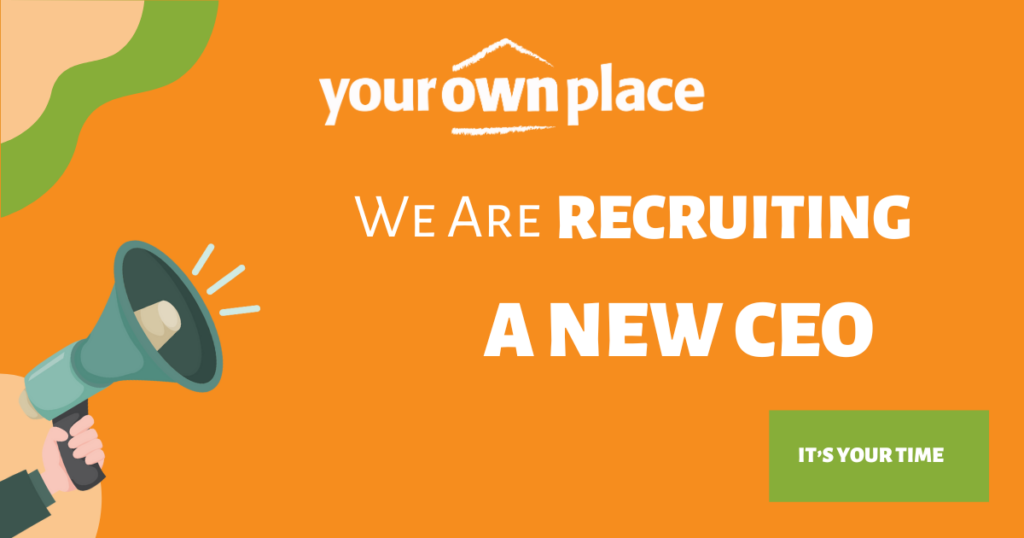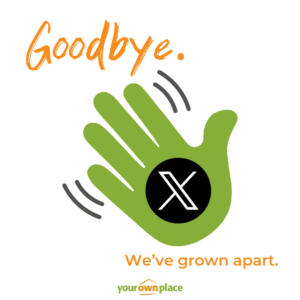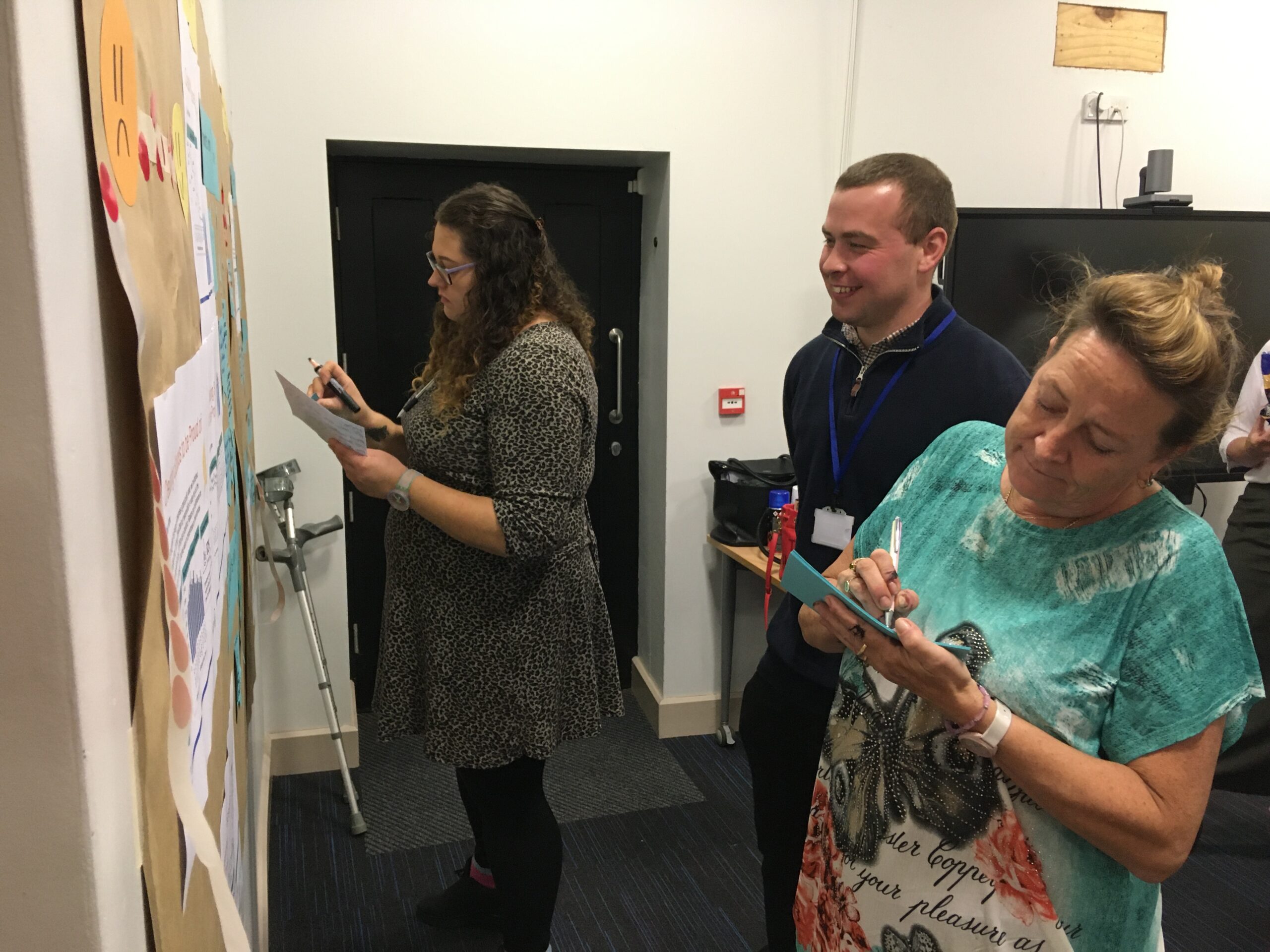
Throughout our ten years, Your Own Place has been driven by people, values and impact.
The Board of Non-Executive Directors is now seeking to appoint a new CEO to lead this social business into its next decade.
We know that CEO/founder shoes can feel like big shoes to fill, we also know that when people are given trust and opportunity, they shine. This goes to the core of Your Own Place. You will be supported by an incredible team, a Board of Non-Executive Directors, and have access to a professional coach. You will bring new skills and strengths, vision, personality and drive to a ten-year-old award-winning social enterprise.
If you have had experience of managing a small social business, or charity, or you are looking for your next opportunity to take on a pivotal leadership role, we would love to hear from you #itsyourtime
You will build on our solid foundations and continue its drive towards being a sustainable and impactful social enterprise.




